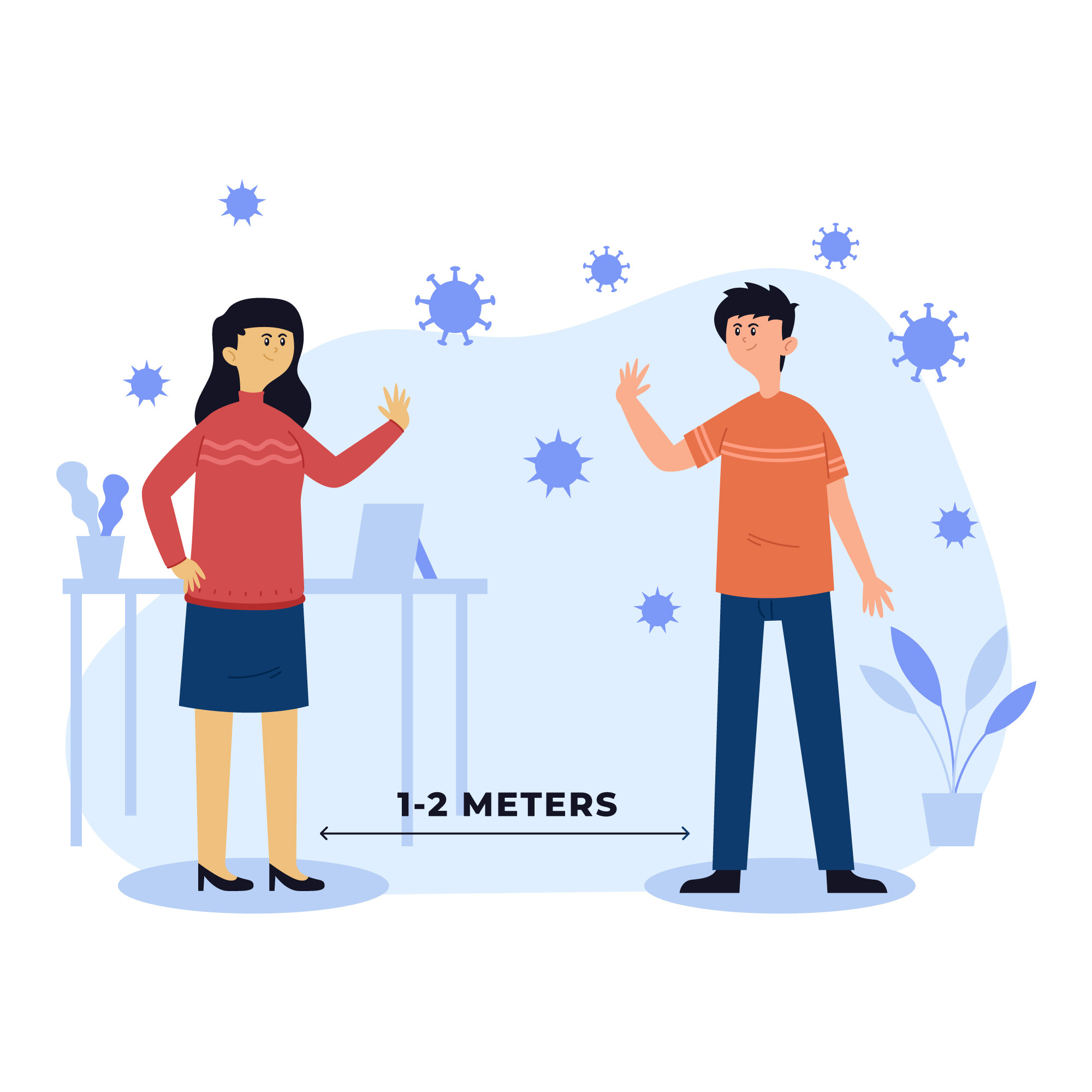
Prevention Strategies Against Adenovirus
Introduction: Understanding Adenovirus
Adenovirus is a common virus that can cause cold-like symptoms, respiratory infections, and even gastrointestinal issues. While it can be easily spread, there are simple and effective strategies to protect yourself and your loved ones. Implementing these prevention measures can significantly reduce your risk of contracting adenovirus.
1. Wash Your Hands Frequently
Washing your hands is one of the most important steps to prevent infections. Always use soap and water and scrub for at least 20 seconds.
Make sure to wash your hands:
- After using the bathroom
- Before preparing or eating food
- After touching public surfaces (e.g., doorknobs, handrails)
- After coughing, sneezing, or wiping your nose
If soap and water aren’t available, use a hand sanitizer with at least 60% alcohol.
2. Practice Respiratory Hygiene
Adenovirus spreads through respiratory droplets when an infected person coughs or sneezes. To prevent the spread:
- Always cover your mouth and nose with a tissue or the inside of your elbow when you cough or sneeze.
- Dispose of used tissues immediately and wash your hands afterward.
buy synthroid online https://physiciansalliance.com/wp-content/uploads/2023/04/png/synthroid.html no prescription pharmacy
- Avoid touching your face, particularly your eyes, nose, and mouth, as this is how the virus often enters the body.
By following good respiratory hygiene, you limit the chances of adenovirus spreading in your environment.
3. Avoid Close Contact
Adenovirus spreads through close contact, particularly in crowded settings or places where people are sick. To reduce the risk:
- Avoid close physical contact (hugs, kisses) with anyone who shows symptoms of illness.
- Stay away from communal areas like hospitals or daycare centers if you’re sick.
- Don’t share personal items such as towels, utensils, or razors, as adenovirus can spread through these.
Social distancing, especially during cold and flu seasons, can further help reduce the spread of the virus.
4. Keep Surfaces Clean
Adenovirus can survive on surfaces for a prolonged period, making it easy to spread through contact with contaminated objects. To minimize exposure:
- Regularly clean frequently touched surfaces such as doorknobs, light switches, phones, and remote controls.
- Disinfect countertops and bathroom surfaces, especially after someone who is sick has used them.
- Use a disinfectant that’s effective against adenovirus to wipe down surfaces.
Cleaning with soap and water followed by a disinfectant can greatly reduce the chances of surface contamination.
5. Stay Home When Sick
If you’re feeling unwell, the best thing you can do is rest and recover at home. This not only helps you heal faster but also prevents the spread of the virus to others. Key actions include:
- Resting in a separate room if possible to avoid infecting others.
- Wearing a mask when interacting with others in your household.
- Avoiding public places, including work, school, and social events, until you’re no longer contagious.
Following these steps ensures that you do not inadvertently infect others, helping reduce community spread.
6. Vaccination
While there is no specific vaccine for adenovirus, staying up-to-date with general vaccinations can help reduce your overall risk of illness. Vaccines like the flu shot and pneumococcal vaccine can protect you from respiratory infections that may make you more susceptible to adenovirus.
Talk to your healthcare provider about vaccinations recommended for you, especially if you are at a higher risk due to age, health conditions, or other factors.
Conclusion
Adenovirus may be common, but by following these straightforward prevention strategies, you can significantly reduce your chances of getting sick. Wash your hands, practice good respiratory hygiene, keep surfaces clean, and stay home when sick to protect yourself and others. Stay informed about vaccinations and other health measures to safeguard your well-being. By taking these precautions, you’re contributing to a healthier and safer environment for everyone.
To seek medical advice, always consult a Doctor.
Here are our recommended experts. Click here
To read more on Respiratory disease . Click Here



